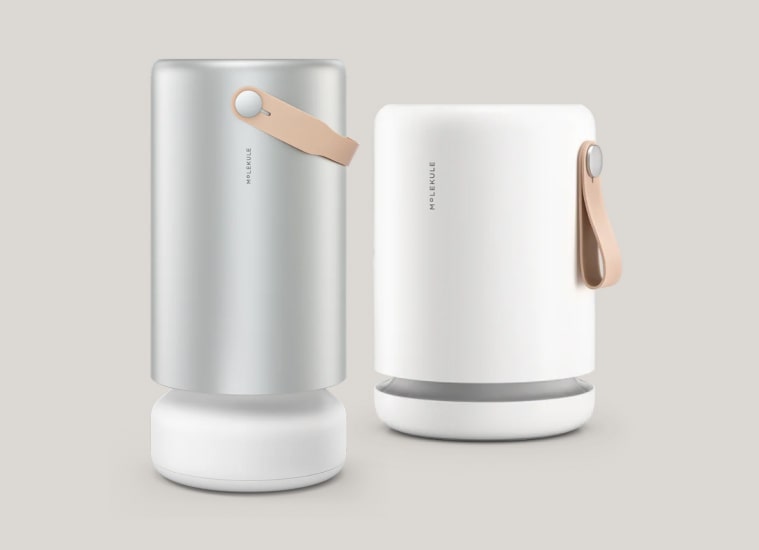Simple Tips to Reduce Wintertime Allergy Reactions in California

While many people consider pollen to be the largest asthma threat in the spring and summer, there are plenty of other issues to contend with throughout the winter months. Many people’s symptoms actually intensify as the temperature drops. If this describes you, try adopting the following strategies to lessen your allergy symptoms this winter. Keep in mind that your allergist is ready to collaborate with you to discover the optimal solution.
Keep a safe distance from fireplaces
While a wood stove, fireplace, or outdoor bonfire might keep you toasty on a cold night, they can be harmful to your lungs. You are taking in particles of smoke that have the potential to irritate your lungs if you can smell the pleasant smoky scent of a warm fire. This can have an immediate effect on allergies and asthma, but it can also accumulate over time, increasing your risk of cancer and bronchitis.
Maintain control over your stress
This may seem easier said than done, but keep in mind that stress may have a significant influence on allergy symptoms and responses. Stress might make your immune system less effective and make you more prone to asthma episodes. This is due to the fact that stress may produce physical changes in your body, such as an increase in airway inflammation. Take a minute to stop and breathe if you’re feeling stressed.
Even if it isn’t “freezing,” wear a scarf
Most people only think about wearing a scarf when it’s snowing or freezing outside. The fact is that if you step outside and the air is significantly colder than it is inside, your lungs might be shocked. This can set off an asthma attack or an allergic reaction. This doesn’t mean you have to stay indoors all winter, but if you want to go outdoors and it’s at least 10 degrees cooler outside than it is inside, it’s preferable to cover your nose and mouth with a scarf to avoid a problem.
Ensure that your whole health is taken care of
Asthma and allergies are triggered by and connected to a variety of other health issues. You’ll have a greater chance of avoiding the worst of allergies and asthma if you take care of your general health. Chronic sinus infections, for example, can set up asthma episodes. Getting the flu might make all of your other medical problems worse, so get your flu vaccine now. Make sure you get enough sleep so that your body can defend you the best it can.
We strongly advise you to call Allergy, Asthma, and Immunology Medical Group at 805-658-9500 to schedule an appointment with an experienced asthma and allergy expert.




